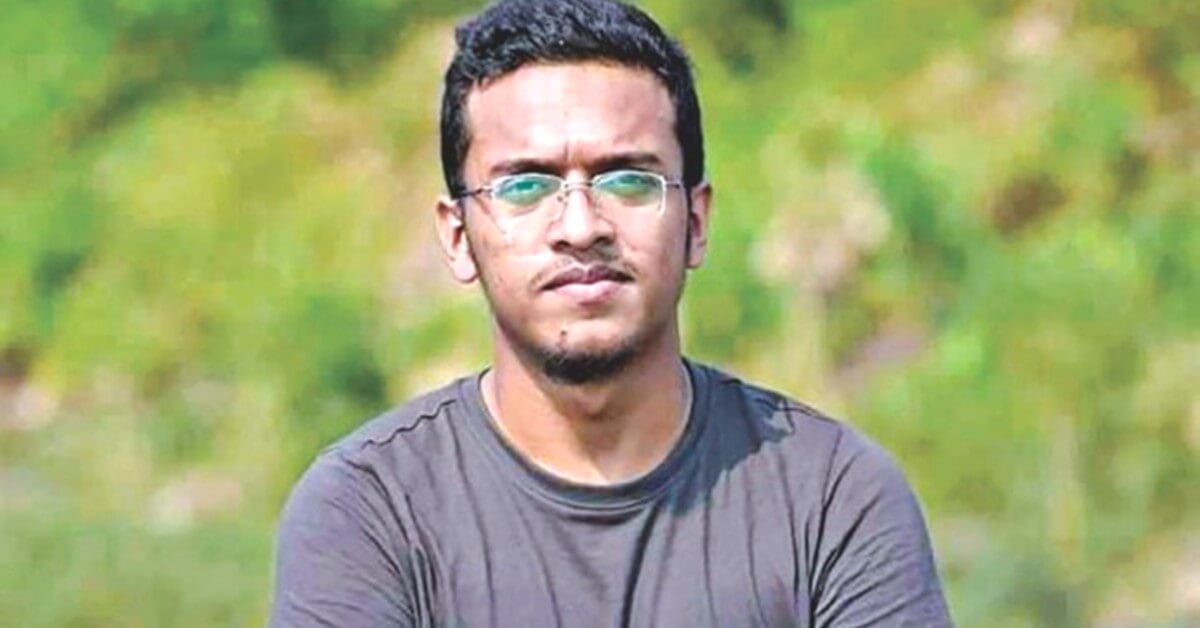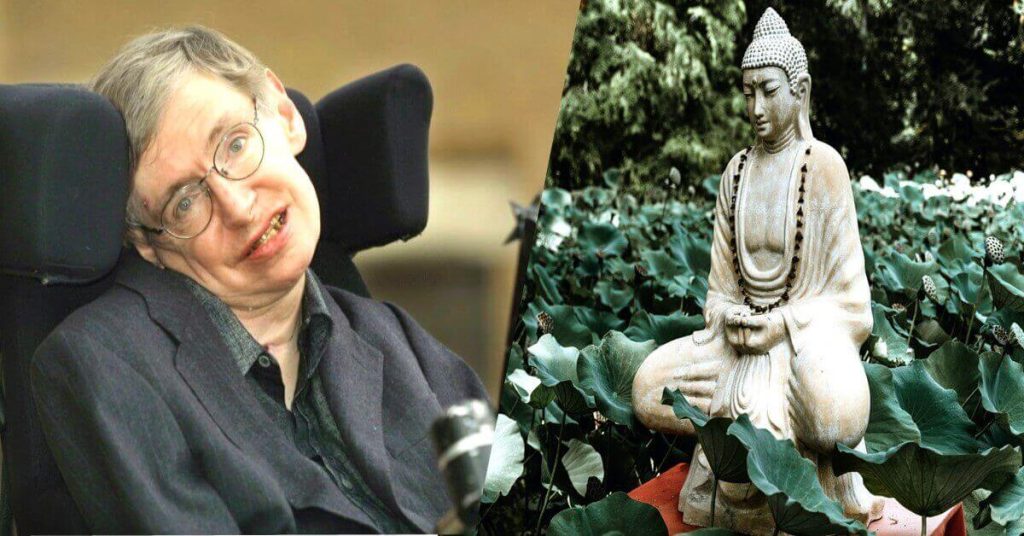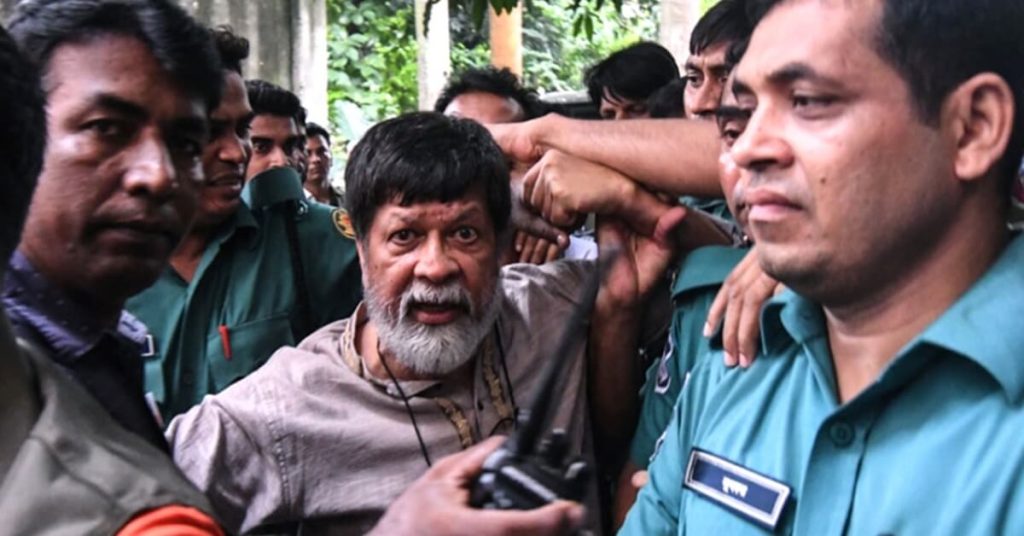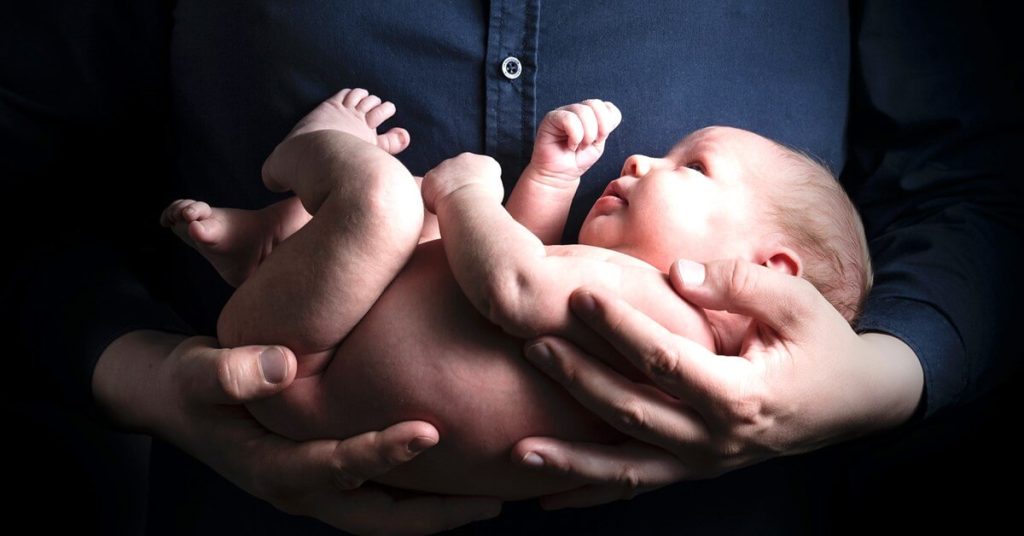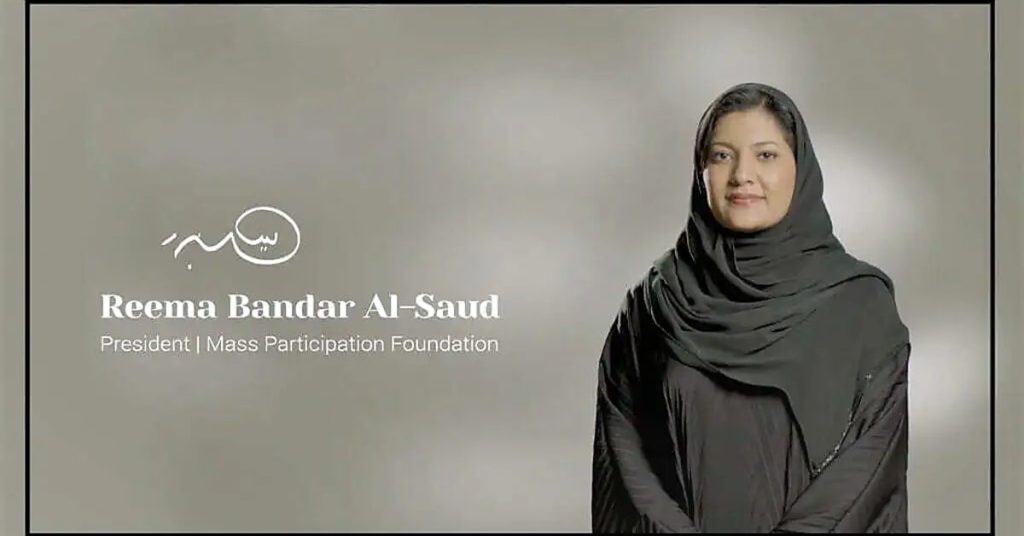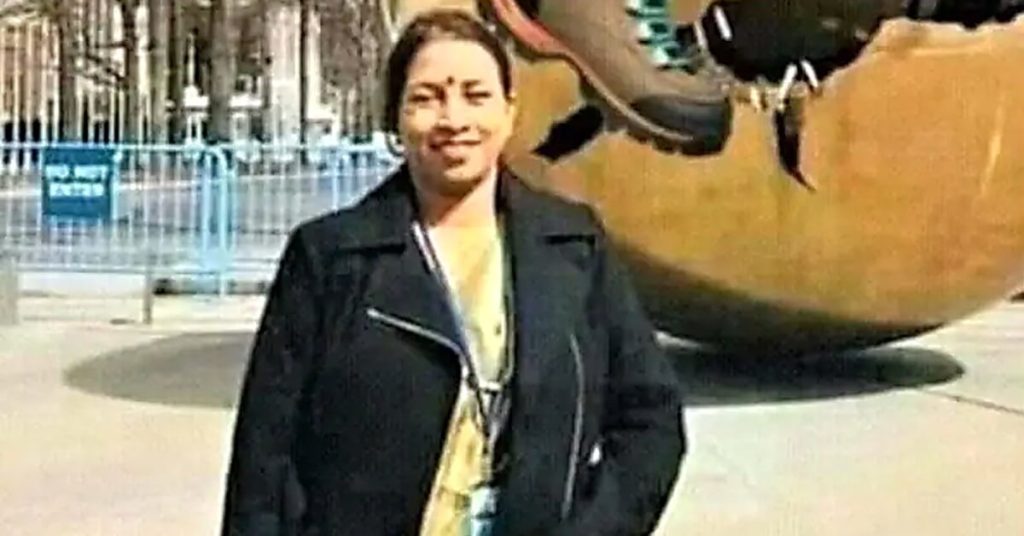Last updated on August 13th, 2022 at 02:58 pm
Abrar Fahad was allegedly bitten to death by the ruling party student wing Bangladesh Chhatra League activists on the campus on suspicion of having a connection with Islami Chhatra Shibir, a student wing of the Bangladesh chapter of Jamaat-E-Islam, an Islamic political party that collaborated with Pakistani oppressive authority during the independence-struggle of Bangladesh.
But, just to realise how fatal the public sentiment could be we ought to shed some light on one of the contemporary incidences, like the Abrar Fahad murder, that has been occurring in Bangladesh. A student of the Bangladesh University of Science and Technology (BUET) has been found dead in his dormitory on 7 October 2019.
Abrar Fahad Murder
The suspicion of having involvement with the student wing in the question appeared to be true to the murderers when the deceased’s Facebook post criticising Bangladesh Prime Minister Sheikh Hasina’s signing of the Memorandum of Understanding with India on allowing withdrawal of water from the Feni River to the drinking water project in Sabroom of Tripura state.
Purportedly, his Facebook post regarding his differed view on water withdrawal, the export of LPG gas and the Bangladesh government’s decision to allow to use of Chittagong and Mongla seaports happens to be the cause of his death. Because of his strong stance against the three of the seven signed deals, the Awami League Student activist sensed a destructive link with the Islamist student organisation, Chhatra Shibir, the truth of which was yet not proven.
Proven or unproven, none deserve death just because of his differed political or religious views. The justice for his death must be secured through a fair trial and responsible killers must see the ultimate form of punishment for such a heinous act which was carried out under a political banner and in an utmost disregard of the democratic beauty of differences.
In the same vein, the fact that people still have to accept the fate of death or receive death threats because of one’s independent views in the 21st century is utterly reprehensible, outrageous and abominable.
Even though Abarar’s Facebook post was a motivated and sentimental one, there was nothing to be done with his patriotism for which a section of motivated people has gone as far as to declare him ‘martyred’. Suddenly his death started bearing some significance in the Bangladeshi political sphere. The political scenario is again in turmoil. The ‘freedom of expression’ is questioned by many. The public sentiment has been enlivened once again.
But, can the public sentiment be biased, partial, unfair, one-sided, motivated and premeditated?
If the death of Abrar is a breach of freedom of speech then how about the tragic deaths of those bloggers who became the victims of fundamentalism for their independent and liberal views on religion? Why were there not any mass-public sentiments concerning their deaths? Why the ‘freedom of speech is not concerned with their lives? Who are those who want to see him martyred because of his different view on Bangladeshi politics? Why do ideological differences pose threats to mainstream socioreligious perceptions?
People sometimes cannot make any difference between politics and religion as both have been nurturing intolerance and exclusive views in our context. The confrontational politics that patronises hooliganism has been responsible for many such innocent victims, Abrar for instance, merely because expressing independent views regarding either politics or religious belief.
While the religious tolerance toward the secular and liberal section of people becoming narrower, the political and religious intolerance towards the political and religious minority is evidently getting bigger. The more the people of the land getting schooled, the more the sense of religious supremacy, sectarianism, intolerance, and exclusivism is mounting up.
Consequently, the people who are standing across the country for Abrar and creating political upheaval in the name of seeking justice for his death, are the same people to stand against any secular voice. What a fatality of biasness of the mass!

Moreover, Abrar Fahad’s murder is yet another reminder of how politics and religion have taken such a strong root on the young people’s minds when either is used for some sort of supremacy. While religious domination is put to use to suppress secular liberal and dissenting views, politics, too, is being used not for public good anymore, or say, protecting the religious or intellectual minority. Both have lost their original purposes: spiritual and human development.
Italian philosopher Umberto Eco in his The Name of The Rose writes that ‘the world has become too old which is presented in its disastrous demonstration. The young no longer want to study anything, learning is in decline, the whole world walks on its head, blind men lead others equally blind and cause them to plunge into the abyss, birds leave the nest before they can fly, and the jackass plays the lyre, oxen dance. Mary no longer loves the contemplative life and Martha no longer loves the active life, Leah is sterile, Rachel has a carnal eye, Cato visits brothels, Lucretius becomes a woman. Everything is on the wrong path”.
Why India is Bad?
The aspiration for political supremacy, economic advantage, sexual preoccupation and religious suppression are all that they have got today. As far as India is concerned many young and old alike are representing a contradictory stance and showing a double-standard patriotic rule.
Being the second-largest economy in Asia and one of the fastest-growing countries in the world, India has always been partial to Bangladesh regarding bilateral interests. It has gained many while had given very little to Bangladesh.
It always puts its interest above, and which is not unusual as it comes to mutual interest, especially as a growing nation Bangladesh’s interest always remains at the mercy of the big brother. This big brotherly highhandedness is observed everywhere when a small one has to give up a comparatively bigger proportion of gain at the cost of a meagre one.
But every time when India happens to be favoured and gained an unfair advantage over Bangladesh, Bangladeshis’ sentiment flares up. According to the MoU signed with India on 6 October, it is going to use the same Chittagong and Mongla seaports, like China, for carrying goods to and from India.
Moreover, the same public uproars were heard during the deal with China as well that the country has been sold to China.
Then why opposing India? It is because it helped Bangladesh during its independence struggle against Pakistan for some people which is anti-Islamic.
Because India helped Bangladesh in order to keep Bangladesh under its control, demolished the Babri Mosque, oppresses its Muslim minority, not giving freedom to Kashmiri people, is at war against Muslims in Pakistan, is in a ploy to make Bangladesh a Hindu state through the current comparatively secular government, is causing a cultural degradation in Bangladesh through its TV channels and is showing no sign of restraint of border-killing of helpless Bangladeshi people are the preconceived notions of the Muslim majority of Bangladesh.
Indeed, Indian border force BSF has killed 294 Bangladeshis in just 10 years for which India has failed to secure justice to date. Apart from the border-killing that is going on unabated, the rest of the reasons are merely racial and based on religious empathy.
So, does the current uproar about India’s onion and the Bangladesh government’s decision to allow the withdrawal of water from the Feni River and use of Chittagong and Mongla ports have anything to do with patriotism? Certainly, not. Because in order to make patriotism properly work, one must forget about globalisation in terms of trans-border trade and foreign goods that have occupied spaces in our home and heart. Opposing just some sort of business and the bilateral deal does not represent the true spirit of patriotism.
After the signing of the Memorandum of Understanding with India by PM Sheik Hasina, the social media propagandists, viral celebrities and other concerned started flooding the platform with posts, comments, opinions, shares, and trolls centring water-sharing, use of the ports, and export of LPG gas to Tripura state. The leftist, opposition and opponents of the current government have taken refuge of opposition for the sake of opposing.
From students to businessmen to the daily labourer, took the issue seriously and expressed a sinister concern over the possible fateful future of Bangladesh. Cynicism and pessimism swopped on everybody. Rumour and cooked-up stories and denigrating public statements added extra fuel to the concomitant public sentiment as if the country is completely sold out to India overnight.
The people who do not fall on the purview of the deal and have nothing to do with the Feni River water withdrawal and the Tista water-sharing deal at all, all of a sudden turn out to be chauvinists and exaggeratively patriotic intellectuals.
Meetings, seminars, and protestations, and mass opinion started disseminating India’s presence in the country. The tech generations and intellectuals have been fed with the perception that India assisted Bangladesh in its independence from Pakistani oppression in 1971 because India wanted to press its sovereignty on Bangladesh, and Prime Minister Sheik Hasina is found to be a potential ally to that end.
Mass-sentiment fatality
Although, this is not the lone incident responsible for country-wide mass hysteria. Just a couple of weeks ago an Onion Conundrum took place when India banned onion export due to monsoon downpour, delayed harvest and shrivelled supply.
As India is the biggest exporter of onion to Srilanka, Nepal, Pakistan and Bangladesh, the sudden ban on onion export has affected the countries’ kitchens very badly. What’s more, the prevailing harsh weather pattern forced India to import onion from Turkey in order to meet local demands as the price soared as high as Rs. 45 per kilogram.
The public opinion circulated that banning onion export was India’s premeditated ploy regardless of the fact that Bangladesh has opened up its border to export hilsa fish to India. The public denigrated the government decision harshly as onion prices hit hard the Bangladeshi kitchen markets.
In such a situation, in spite of encouraging local production of onion—which they usually don’t—people conceived it as India’s cleverly move to take advantage of Bangladesh. They do not consider the reason behind the ban. As always, the mass only follows surfaced-up rumour, instead of rationalising the event.
India has been attacked, trolled and the Bangladesh government faced public wrath and ultimately decided to sell onion at a subsidised price in the open market. Hinduism has been thought of as a creeping Indian ideological attack on Islam. All that, what they all wanted was ‘onions’. Politics, discussions, trade and delicacy struggle were purely ‘onionised’ for the moment.
The great masses of the people will more easily fall victims to a big lie than to a small one
-Adolf Hitler
Surprisingly, it is the same section of people who are intensely in love with Indian cinemas, music, reality shows and celebrities. Indian TV shows and daily soup have gained utmost priority over the local entertainment industry in Bangladesh, for decades. Hindi music, Hindi TV shows, and Tollywood are household forms of entertainment for millions across the country. Hindi song like, O Larki ankh mare, is in their conscience. From dawn to dusk it is either Bollywood or Tallywood from which they drive a pleasure.
When is India good?
What else is acceptable from India? Indian cinema? Good. Indian music? Good. Indian clothes? Better. Indian women? Oh, slim and hot. Indian treatment? Second best. Indian cows? Holy. Indian cosmetics? Good. Tourism to India? Wonderful. Indian onion? Bigger and better. Indians? Cheater! Indian Muslims? oppressed. Bangladeshi Muslims? oppressors. Love jihad? Halal. Graving from India? Okay. Giving to India? Not okay.
In the year 2017 Bangladesh imported 7.05 billion dollars worth of goods from India while USD 2.21 billion goes to textile-related materials making a total of USD 10.7 billion. On the other hand, Bangladesh exported USD 35.8 billion worth of textile-related products to its trade partners of a total of USD 39.2 billion export value.
Of the total export value of USD 7.05 billion, 31% of the export of India to Bangladesh is textile-related making rice and onion 5.5 and 0.82 per cent consecutively. Not only that, but India also imported textile products from Bangladesh worth USD 332 million in 2017. Alongside the USA, European Union, Japan, China, Australia, and other ASEAN countries India is also a trading partner of Bangladesh.
Nevertheless, an insurmountable amount of students would not have had higher education if the Indian printed books were to be absent fin Bangladesh which none ever talked about. If India is to be boycotted, then many things and services from India to be boycotted, too. That includes raw cotton, non-retail pure cotton yarn, heavy pure cotton yarn, woven fabric of synthetic staple fibre, motorcycles, Vehicle chassis, delivery trucks, cars, textile machinery, rice, onion, cosmetics, clothes, cinema, music, onion, antibiotics, pesticides, refined petroleum, soybean meal, pen, paper, orthopaedic appliances and processed hair etc. Can we do that?
Why everything that is in the public domain in Bangladesh for a considerable period of time does not raise the question of patriotism? Why anything that is done by the government raises public sentiment? In politics and a bilateral context, everything a deal is made is a win-win for the agreed partners. But to the public sentiment, it may result in a Zero-Sum Game when there is always a section of people of the mass is observed to oppose it.
This section of mass will not hear what the government wants them to hear. What they will hear is what they want to hear based on religious and political considerations. What they want to believe and what they think is plausible based on surface knowledge and their version of social reality.
Rumour, fakes and fakery fuel them very well where religious, racial and ideological discrepancies play a vital role. The majority fall victim of Confirmation bias—a theory that confirms people’s tendency to search for, interpret, favour and recall information in such a way that confirms one’s preconceived belief while paying less attention to information that contradicts it.
Consumed by the Confirmation bias the majority mass can become tyrants, too. In democracy tyranny of the masses is a forceful fact. People just do something that they want to do irrespective of common goods.
Do the masses serve any other purpose apart from making a voting decision? Why ought the people who do not practice civility, do not cultivate moderation, do not practise thinking and do not nurture rationalism to be taken for granted? I would rather like what Adolf Hitler said, “The great masses of the people will more easily fall victims to a big lie than to a small one”.
